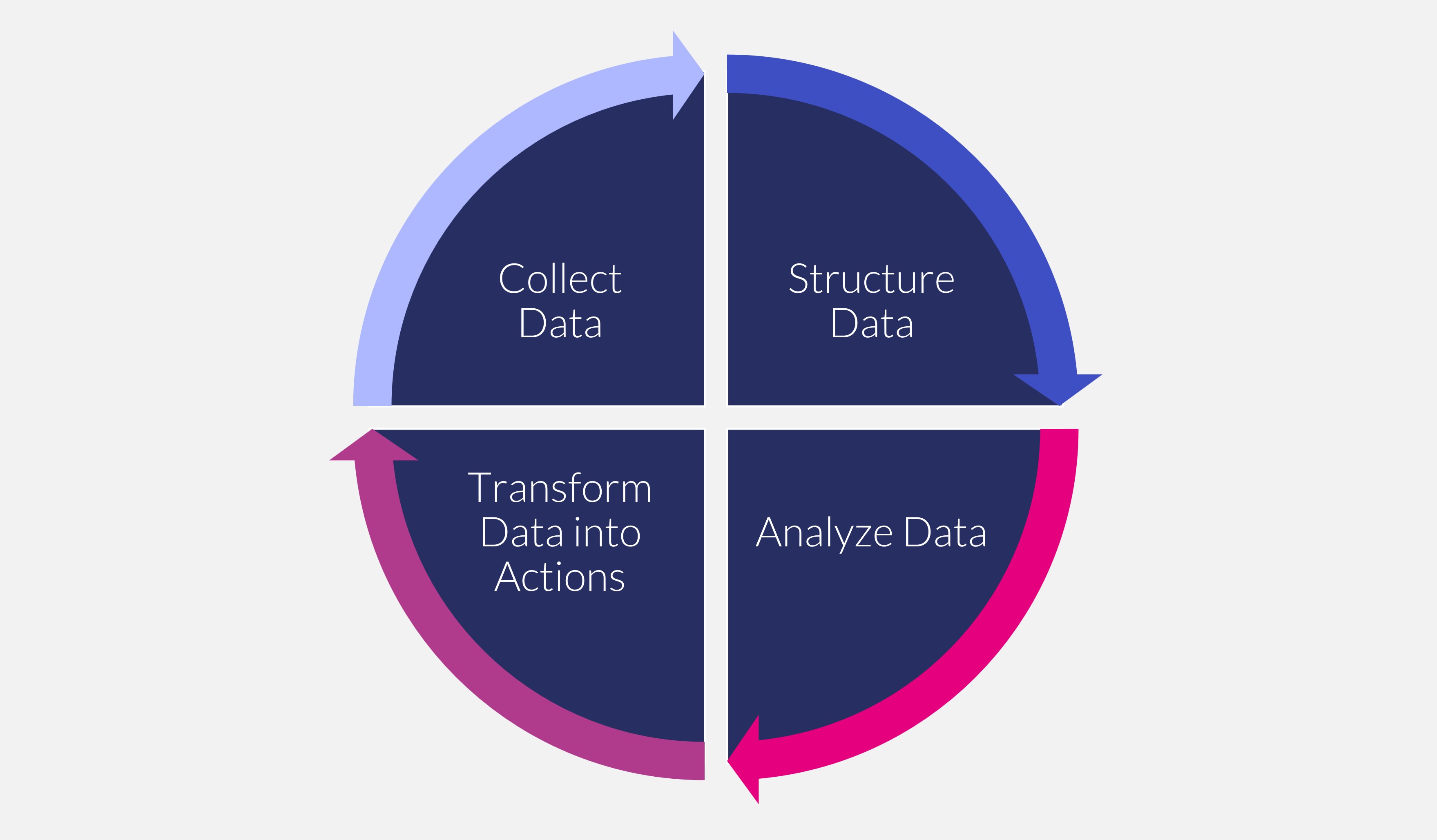2024-09-06
Turn Data Into Doing: Efficient Buildings Through Active Data Utilization
.jpeg)
In Germany, the term "Betongold," or "concrete gold," is often used to describe the enduring value of real estate. However, beyond their solid structure, buildings hold another underestimated asset: their data. While concrete may lose material value over time, the importance of data continues to grow with increasing digitalization. Property owners can leverage this data to enhance building performance, reduce costs, and maximize the value of their assets. But only those who can interpret this information and translate it into concrete, measurable actions will achieve long-term success.
Data Literacy: A Key Competence in the Digital Transformation
Every second, buildings generate vast amounts of data through smart devices, intelligent metering systems, and IoT sensors. This includes information on:
- Energy consumption
- Air quality
- Operation of technical systems
- Weather forecasts
- Room usage data
- Electricity prices
All these data points are vital for the efficient control and optimization of building operations and can be centrally collected, structured, and analyzed via cloud platforms.
However, the true value of this data is only realized when it is translated into tangible “doings” that consider legal regulations and ESG requirements. Data literacy, or the ability to correctly interpret building data, recognize patterns, and derive actionable insights, is becoming a critical competitive advantage in the real estate industry, enabling companies to successfully position themselves in the market.

What Building Data Can Achieve
The active use of data unlocks numerous opportunities to enhance buildings' operational efficiency, achieve ESG goals, and meet regulatory requirements. Here are some examples:
Boosting Energy Efficiency
By automating the analysis of operational data through a cloud platform, inefficiencies in plants and systems can be quickly identified and resolved using AI-based solutions, whether through specific action recommendations or predictive control. This data-driven optimization can lead to savings of up to 40 % in energy, operating costs, and CO2 emissions – all without the need for extensive structural modifications. Property owners gain full transparency over economic and energy optimization potentials, providing a solid foundation for future decarbonization measures.
Optimizing Electricity Costs
Through demand side management, which involves the strategic control of electricity consumption based on real-time usage data and market signals, property owners can not only save money but also profitably sell self-generated electricity, such as from photovoltaic systems, on the market. Cloud platforms for digital operations optimization can centrally collect the necessary real-time data, analyze consumption patterns, and develop strategies to optimize electricity procurement from renewable sources. This way, building data actively drives the energy transition and helps make entire districts independent of fossil fuels.
Improving User Comfort
In addition to the financial and environmental benefits of the aforementioned measures, intelligent data utilization also significantly enhances user comfort. With a cloud platform, plants can be controlled precisely to improve indoor air quality and increase occupant satisfaction. This includes targeted heating regulation, as well as demand-based ventilation, lighting, and shading. By integrating smart building technologies, individual preferences can be accommodated, and real-time adjustments can be made flexibly.
Simplifying Maintenance Processes
Continuous monitoring of building systems and plants allows for early detection and resolution of issues before they lead to costly failures. Predictive maintenance, based on real-time data, enables operators to forecast necessary repairs more accurately and take timely action. This reduces downtime, lowers maintenance costs, and extends the lifespan of building technology.
Optimizing Space Utilization
Centralized collection and analysis of space usage data can help maximize the efficiency of property space. This is particularly important in office buildings, where digitalization and flexible work models increasingly require adaptable space usage concepts. By leveraging the collected data, management teams can gain better insights into how spaces are used and adjust room layouts to better meet tenant needs. Unused areas can be identified, and overall occupancy can be improved, leading to higher long-term returns.
Meeting Compliance and Reporting Requirements
In an era of increasing demand for sustainability and transparency, building data plays a central role in meeting regulatory requirements. For example, Germany’s Buildings Energy Act (GEG) mandates automated consumption monitoring and analysis for large non-residential buildings starting in 2025. Such requirements would be unachievable without the appropriate data foundation. Additionally, existing data is crucial for reporting to investors, buyers, and tenants. ESG management platforms can utilize the data collected in the cloud to create sustainability reports, establish portfolio benchmarks, and plan necessary modernization measures.
Turning Data Into Actions
In summary: Data is the new gold – but only if it’s utilized correctly. By integrating cloud platforms and leveraging artificial intelligence, property owners can not only operate their buildings more efficiently and sustainably, but also meet the ever-evolving demands of the market.
The range of potential actions is diverse. It spans from enhancing energy efficiency and user comfort to optimizing electricity costs through demand side management and fulfilling compliance and reporting obligations. With our AI-based cloud platform, a comprehensive service package of tailored solutions, and an extensive partner network around digital real estate, we turn analyzed data into tangible improvements for your portfolio.
To ensure that valuable building information is not only used but also protected, we adhere to strict information security requirements. Our certification to DIN EN ISO/IEC 27001 ensures an effective information protection management system, and we only work with certified hosts within Germany or the EU.
Ready to turn your data into actions? Get in touch with us!
Buildings Simply Made Better
Get in Touch With US!
In a one-on-one meeting, we will clarify your specific requirements and demonstrate how our AI-based cloud solutions and service packages can benefit you.





